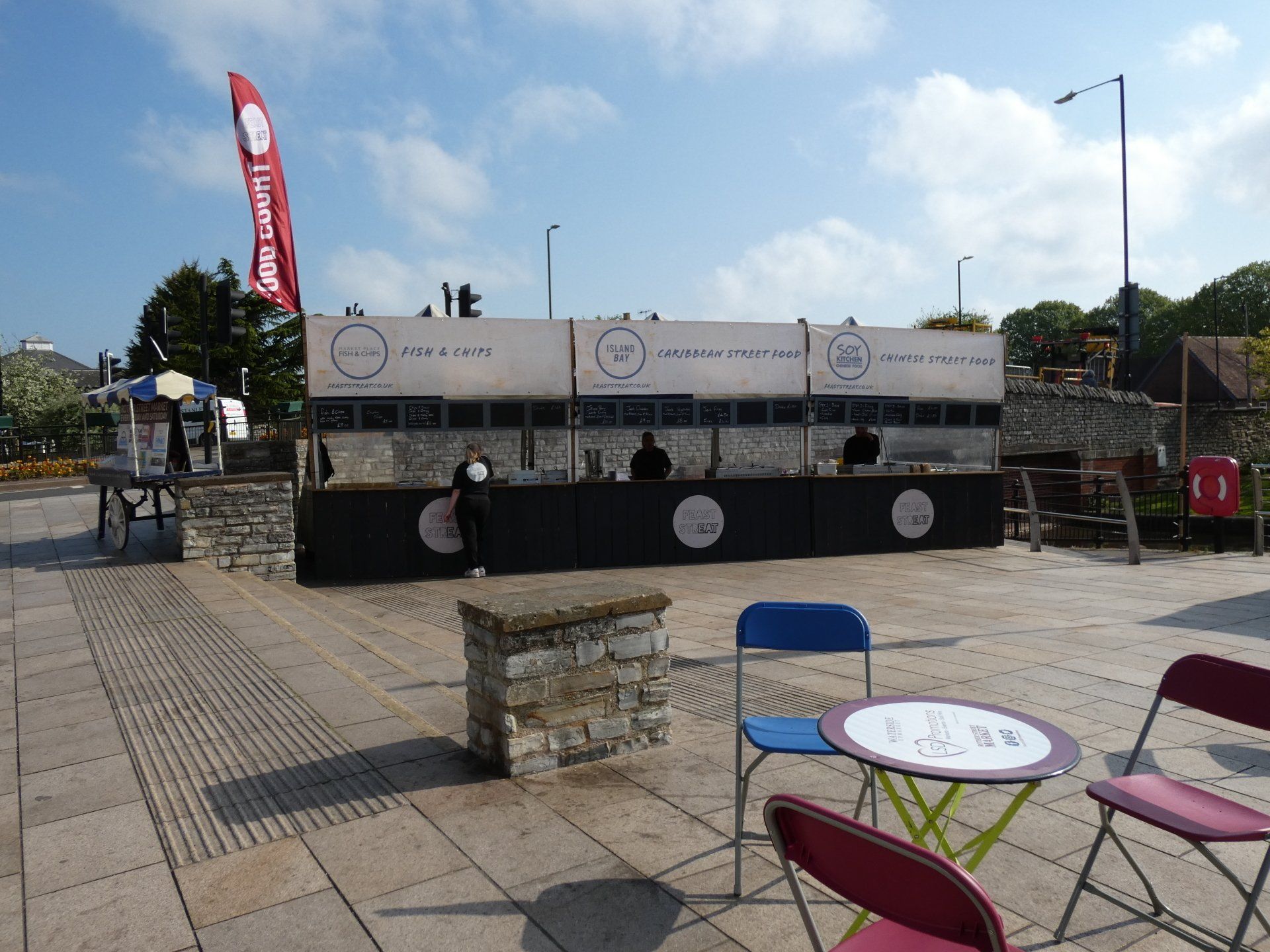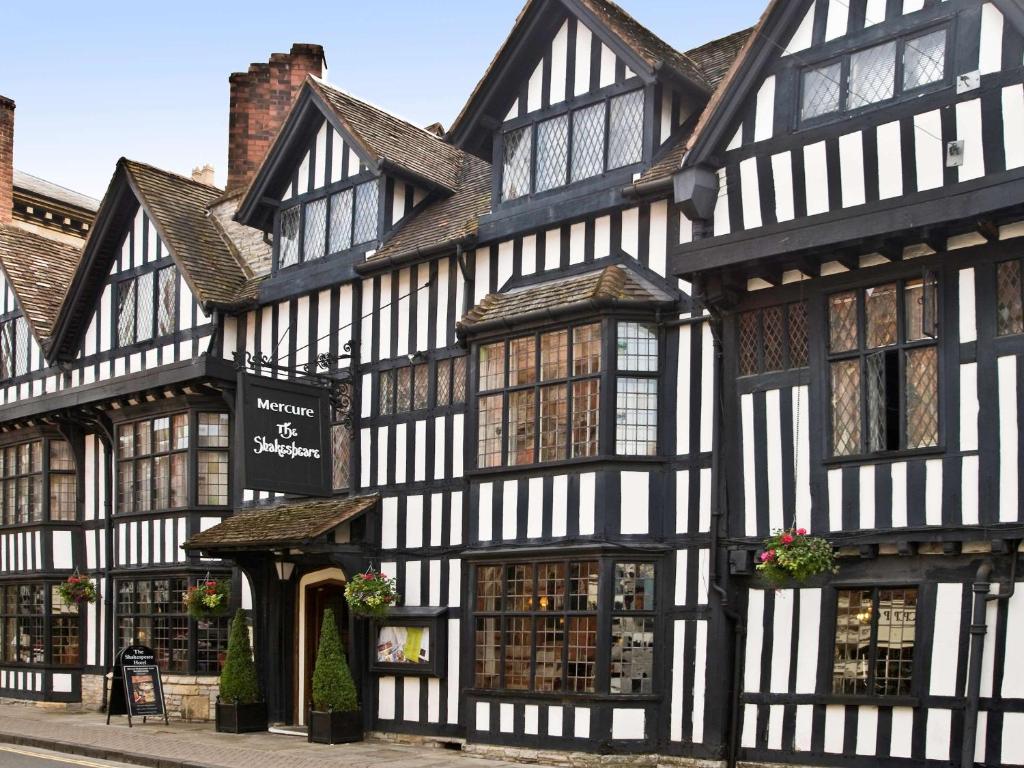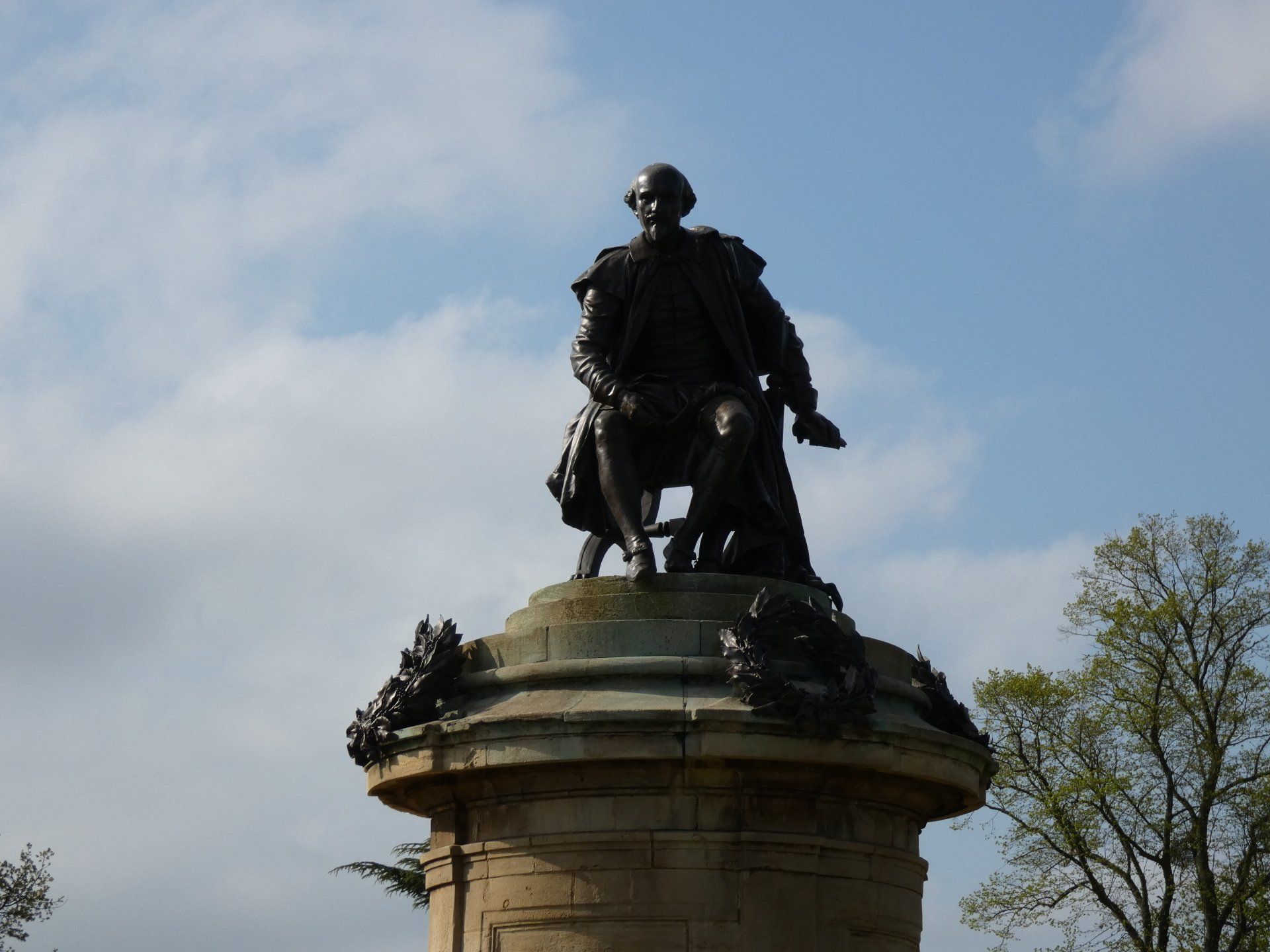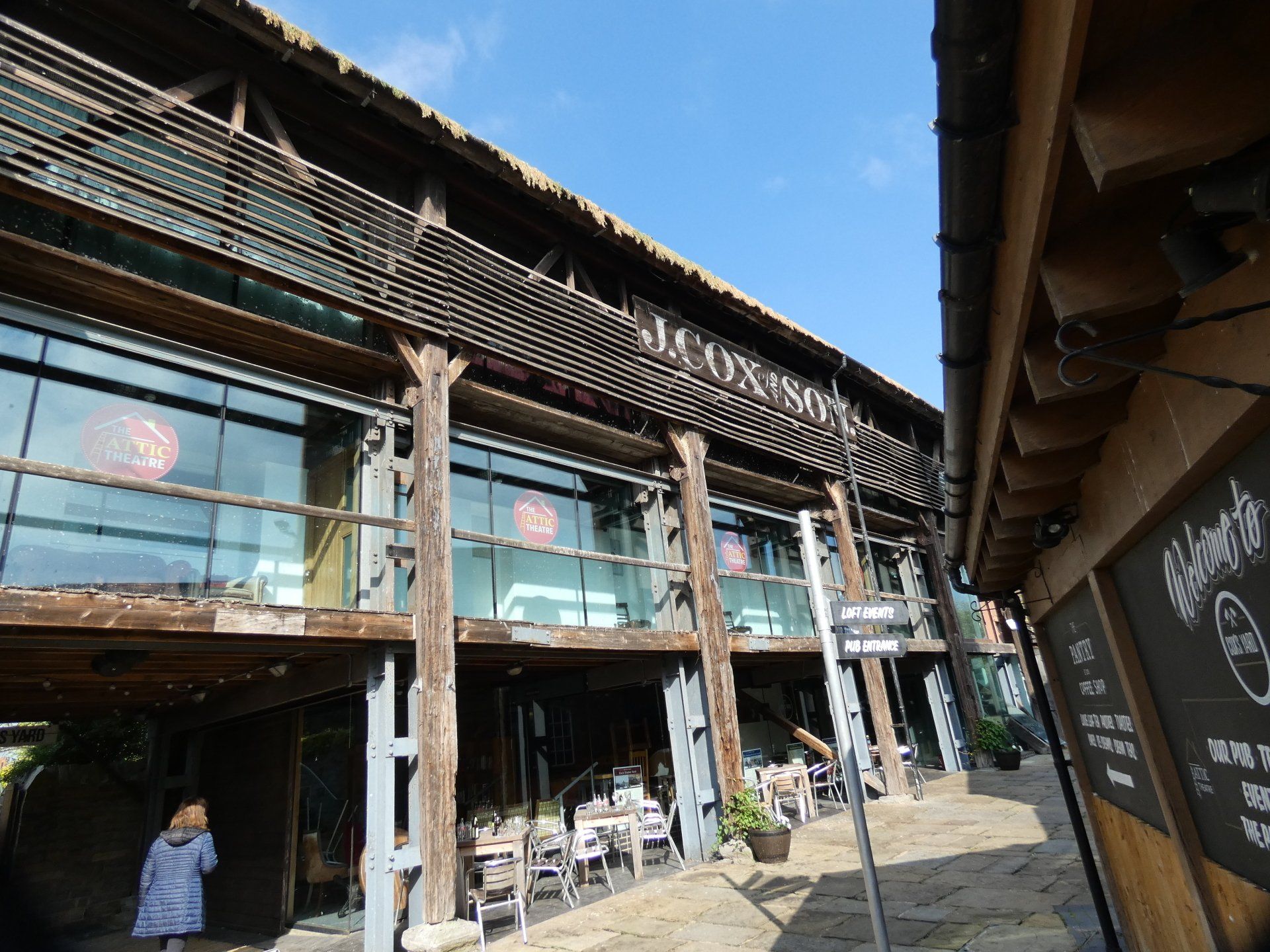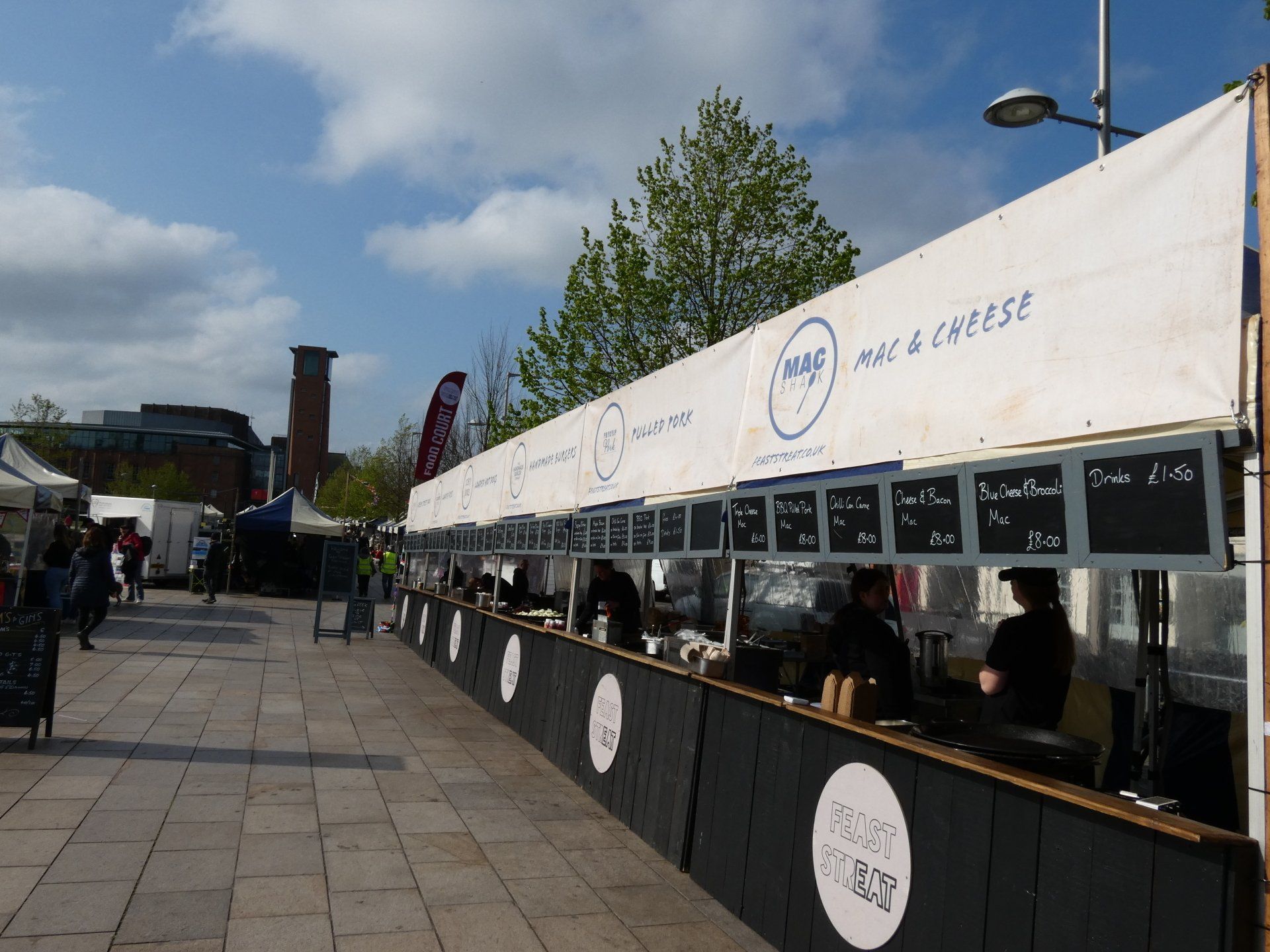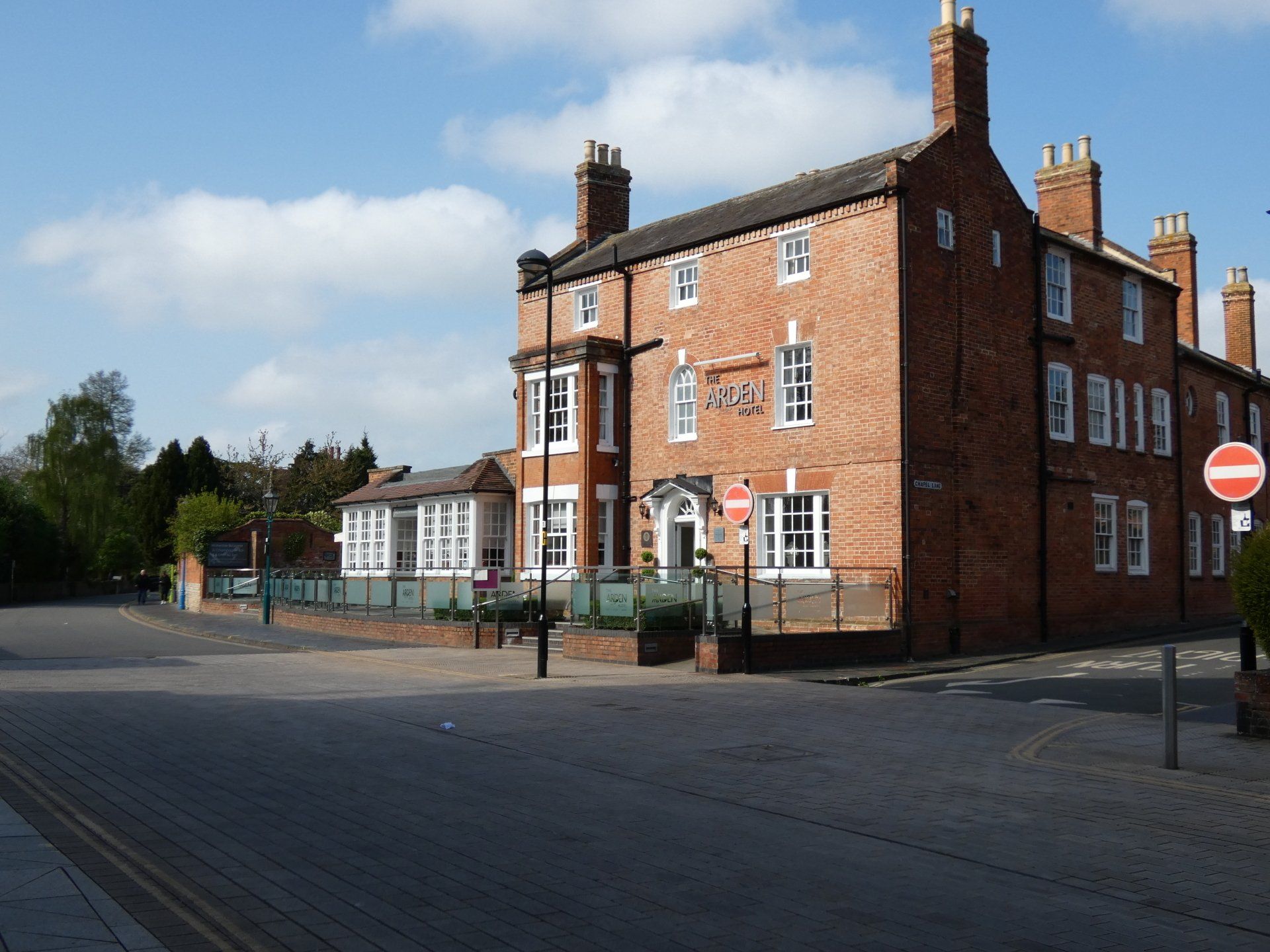Introduction to Stratford-upon-Avon: History, Culture, and Shakespearean Legacy
Dive into the enchanting world of Stratford-upon-Avon, the birthplace of Shakespeare. Explore the rich history, culture, and ties of this picturesque town to the world’s most celebrated playwright.
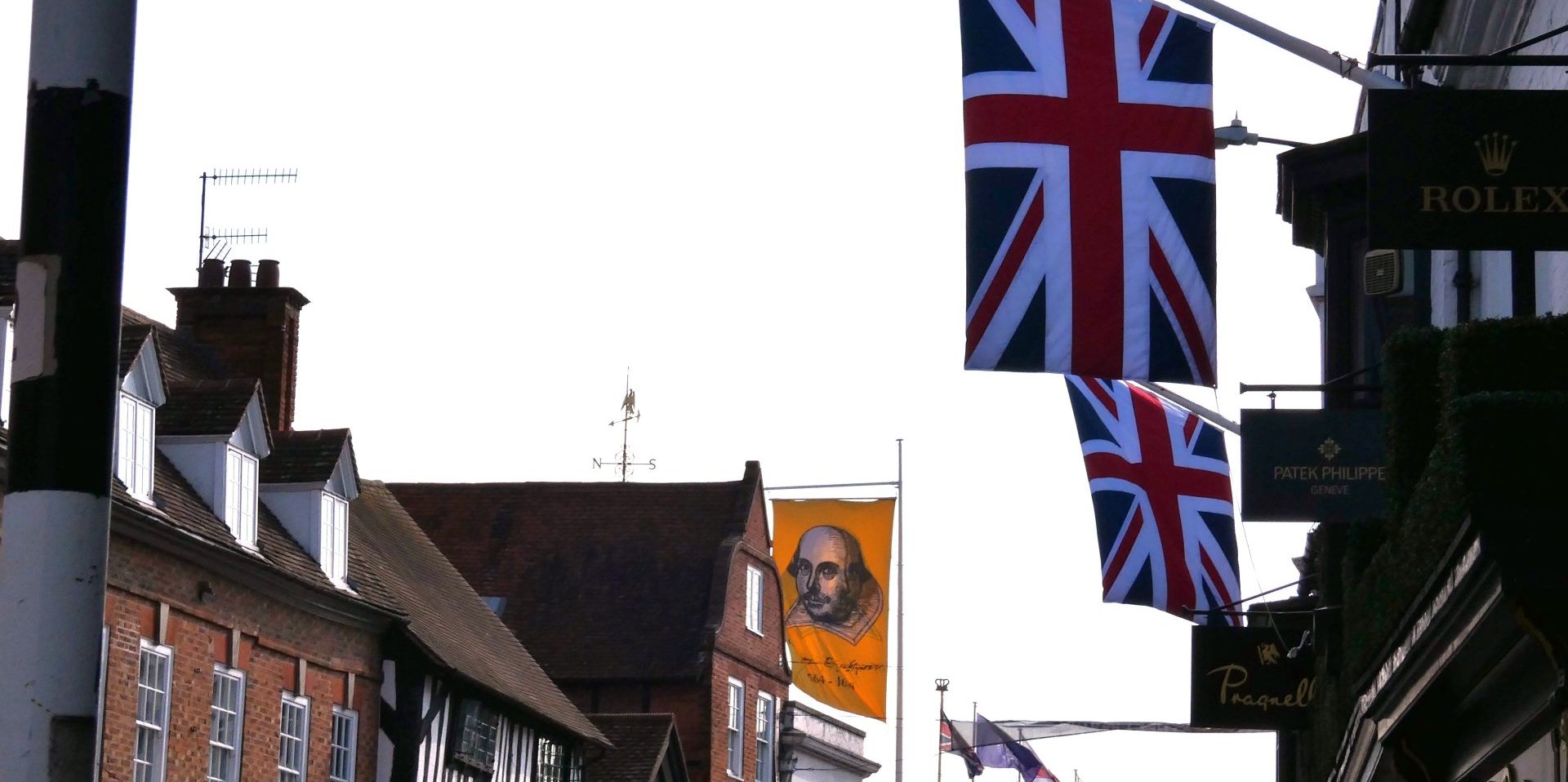
Introduction to Stratford-upon-Avon
Nestled in the heart of England, Stratford-upon-Avon is a charming town known primarily as the birthplace of William Shakespeare, one of the most iconic figures in English literature. But beyond its Shakespearean connection, Stratford-upon-Avon has a rich tapestry of history and culture that beckons visitors from around the globe.
History of the Town
The history of Stratford-upon-Avon dates back to the medieval times, and it owes its name to its origins. "Stratford" is derived from the Old English name "Strǣtford", meaning "ford on a Roman road," and "Avon" refers to the River Avon that flows through the town.
Initially, the town grew as a trading and market hub, and its favorable location by the river meant that it was a central point for merchants and traders in the early days. Over the centuries, it evolved, witnessing various historical events, from the Roman settlement to the Viking invasions, and the Norman conquests. By the Elizabethan era, when Shakespeare was born, Stratford-upon-Avon had already established itself as a thriving market town.
Cultural Significance and Ties to Shakespeare
While the history of Stratford-upon-Avon is captivating in its own right, it's impossible to discuss the town without delving deep into its association with William Shakespeare. Born in 1564, Shakespeare's early years in Stratford shaped his perspectives, creativity, and arguably, his genius. His childhood home, a beautiful half-timbered house, still stands today and serves as a pilgrimage site for literature enthusiasts.
Shakespeare's plays and sonnets, which touch upon universal themes of love, betrayal, ambition, and tragedy, have transcended time and culture. Stratford-upon-Avon, with its Tudor-style architecture and serene ambiance, offers a glimpse into the world that inspired these masterpieces.
The Royal Shakespeare Theatre, located on the banks of the River Avon, is a testament to the enduring legacy of the Bard. Founded in the early 20th century, the theatre continues to produce and showcase Shakespearean plays, drawing visitors and performers from all corners of the world.
Several other landmarks, like Anne Hathaway's Cottage (Shakespeare's wife), the Holy Trinity Church (where Shakespeare is buried), and Hall's Croft, are living museums, providing insights into the life and times of the playwright.
In conclusion, Stratford-upon-Avon is more than just a town; it's a journey into the world of one of the greatest literary minds in history. Whether you're a Shakespeare aficionado or simply someone with a penchant for history and culture, this town offers a unique blend of the past and the present, waiting to be explored.
























